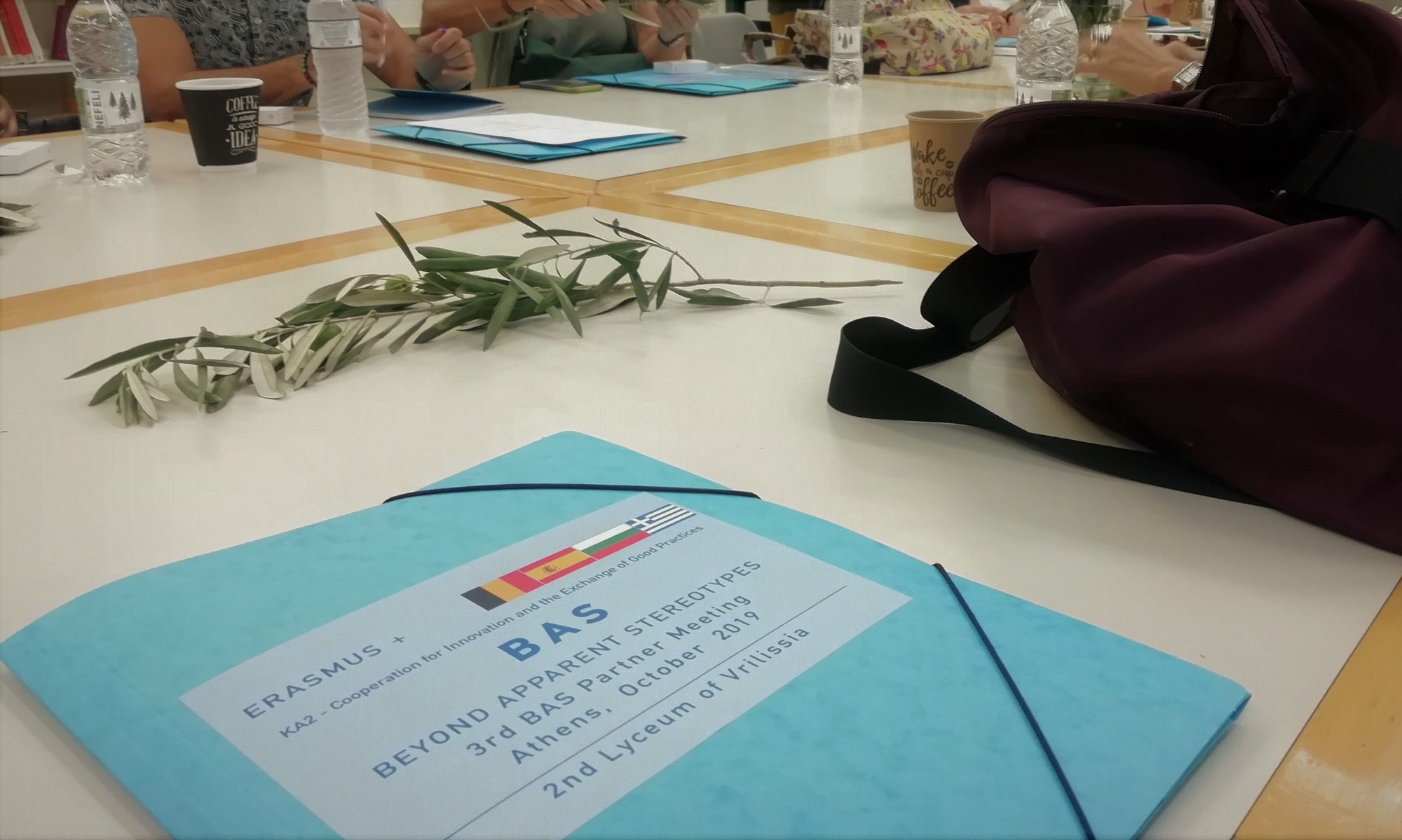
Pretrip preparation is the most important of all the steps when organizing a trip/exchange, and careful planning is the key to success.
In more detail the next steps should be followed:
1. Set the aims and objectives of the trip and select the participating students: Once the partnership is settled the schools agree on the aims and objectives of the trip and select the groups (host and guests) of participating students.
2. Agree on trip dates: The incoming school decides, in collaboration with the hosting school, on the dates of the trip. A week long trip is suggested for an intercultural exchange.
3. Complete administrative paperwork: Each school is responsible for the completion and gathering of all the required administrative paperwork (such as contact lists and contact information lists for participating students).
4. Conduct a Pre-survey (on stereotypes and perception of own and “other” culture) with the participating students: At this stage it is important that a survey on the students’ stereotypes and cultural perceptions is being developed and filled in by the students well in advance of the trip. The results of that survey will be revisited after the end of the trip and will provide a clear idea of the impact of the whole cultural exchange activity.
5. Organise the practicalities of trip: Each school take care of all the travelling practicalities associated with the trip. Those, include:
- the booking of tickets,
- the booking of accommodation in the hosting city,
Those issues should be settled in time, at least a month before the departure date.
6. Plan introductory workshop between the two groups with an initial cultural briefing:
An online meeting between hosting and visiting students. During this session students (split in groups) will have the opportunity to introduce themselves and do a small cultural briefing (inducted to the reality of the city they are going to visit). This session will pave the way for the smooth implementation of the exchanges and will help accompanying teachers have a better idea of the group dynamics and the intergroup contact and such identify possible issues on an early stage.
7. Draft the complete trip program: The host students, with the assistance of the teachers, will draft the complete exchange programme, which will include the exchange timeframe and the activities to be implemented. It should be noted that in the programme some slots/time should be allocated to visiting students in order to present aspects of their culture.
8. Draft a practical checklist: A practical checklist (link to pdf/admin forms) could be drafted and distributed to all students. Students should make sure to have it all checked before the departure.
